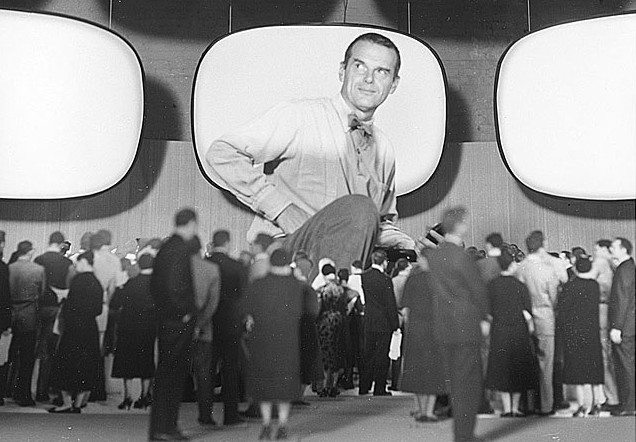It seems the tools we’ve created have plunged us into a permanent state of gamesmanship between listeners and leakers, the governments and corporations that want to know as much as possible about us and those that strike back, who are often as dubious as the ones they seek to neutralize (see: Assange, Julian). I don’t see anyway out, even if the whole thing is needless. Surveillance capitalism certainly isn’t good for citizens and there’s thus far little evidence that we’re safer for all the cameras and tracking by authorities. In fact, the most useful result of ubiquitous video cameras has been the exposure of institutional abuses by private citizens.
In “Resisting the Security State,” a 3 Quarks Daily essay, the excellent thinker Thomas R. Wells argues that the nature of terrorism (“warfare that is more virtual than real”) makes it impervious to surveillance and such. His opening:
Liberalism is a centuries old political project of taming the power of the state so that it works for the ruled not the rulers. Can it survive the security state midwifed by global terrorism? Only if we take back responsibility for managing the dark political emotions of fear and anger that terrorists seek to conjure.
How do we resist the security state?
First, by challenging its effectiveness. PRISM and the other opaquely named universal surveillance programmes seem to have been approximately zero use in predicting terrorist attacks before they happen; last year the TSA failed to detect 67 out of 70 weapons and explosives carried by mystery shoppers. Security expert Bruce Schneier characterises the counter-terrorism security measures that increasingly dominate our experience of public spaces as mostly theatrical, designed to “make people feel more secure without doing anything to actually improve their security”. (And actually they can’t even manage that.)
Second, by challenging the cost-effectiveness of the security state even if it worked as it is supposed to. The loss of our privacy is not a small price to pay for preventing terrorism and saving lives. Firstly because we should be consistent. If we wouldn’t give up privacy rights to reduce minor risks of death in other contexts (like installing government cameras in every bathroom to save people from bathtub slips), what rational reason do we have for giving up all our privacy to the government to reduce the risk of terrorism from almost nothing to possibly slightly less? Secondly because privacy is not an ornament but the heart of liberalism. In a liberal society the people should be mysterious and the government should be transparent; the more these are reversed the further we go towards despotism.
But there is a further problem with the security state besides its ineffectiveness and inefficiency: It is a fundamentally incoherent project.•
Tags: Thomas R. Wells

